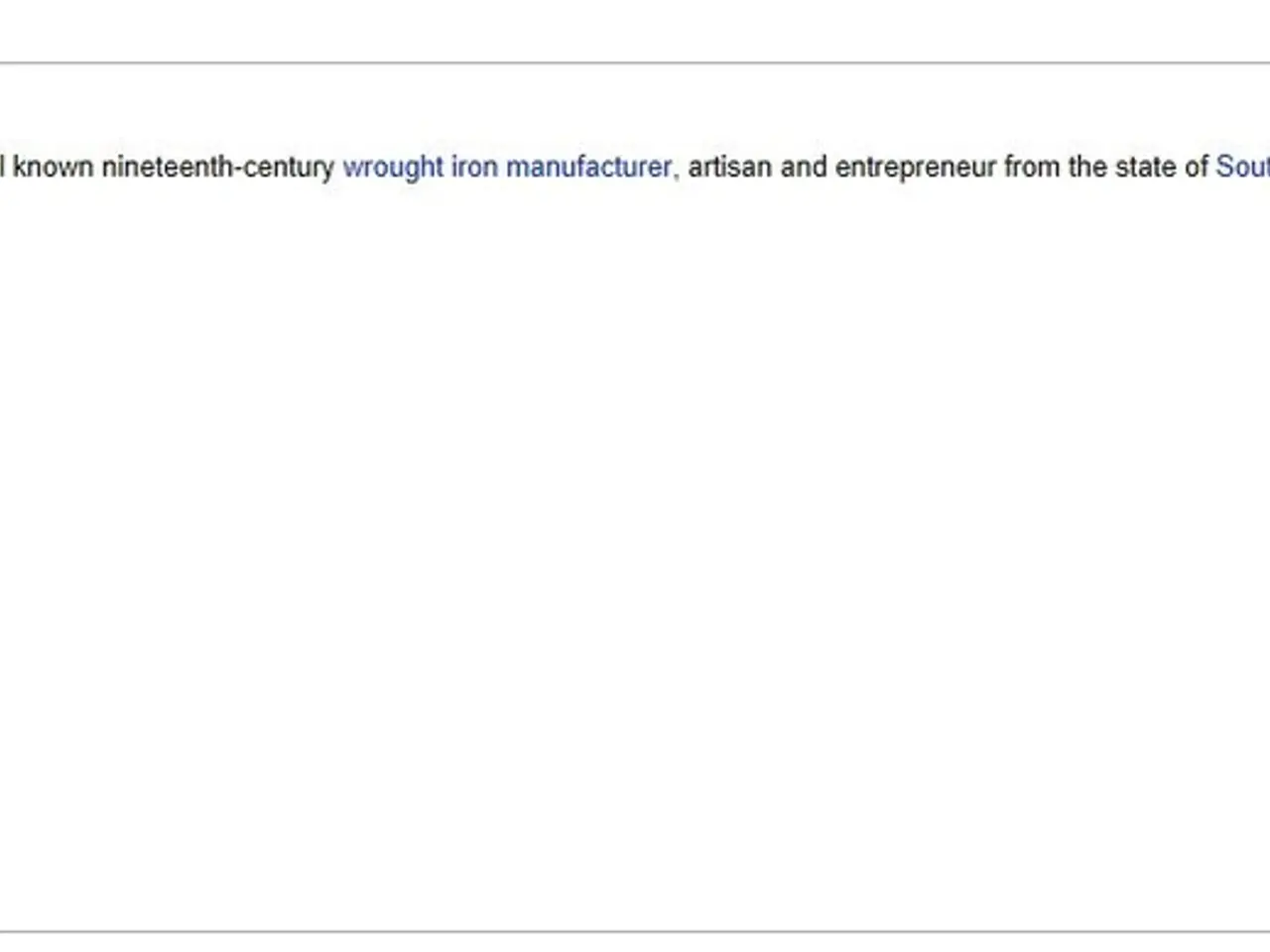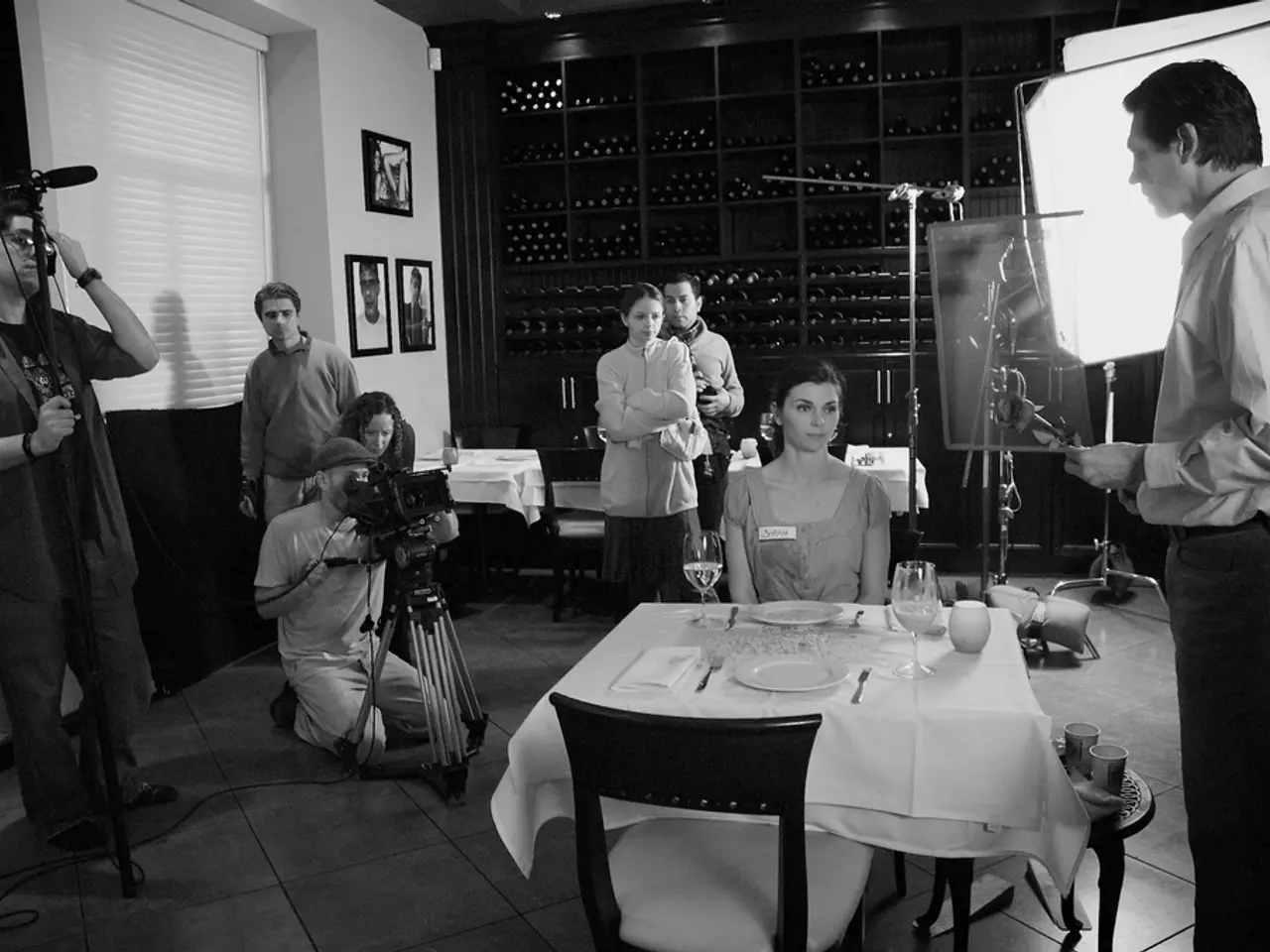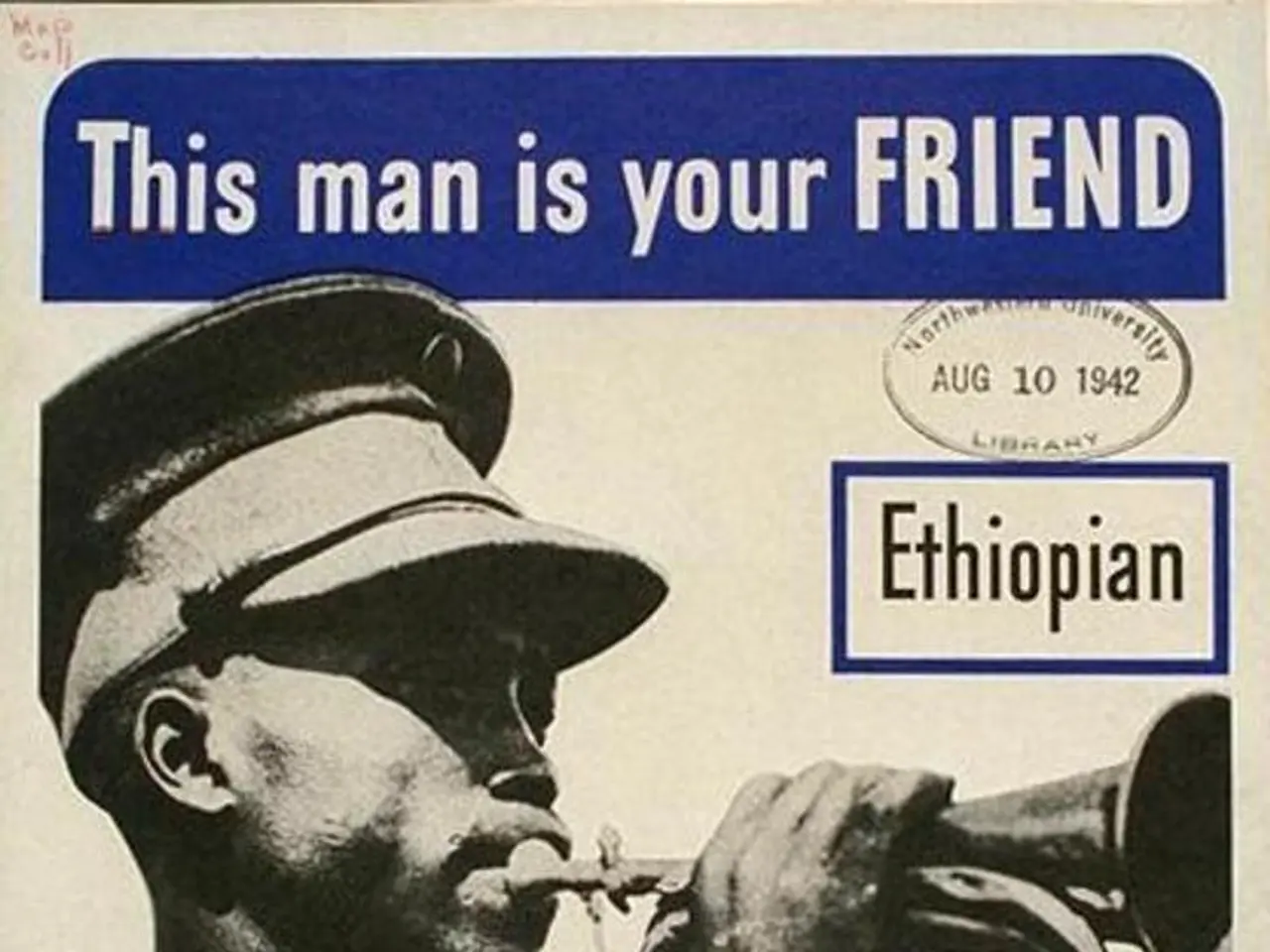Left-leaning Affection Showcased
Adriana Asti, a celebrated Italian stage, film, and voice actress, passed away at the age of 94. Her career, which spanned over seven decades, was marked by influential collaborations with landmark directors of 20th-century Italian and European cinema.
Asti made her theatrical debut in 1951 and achieved early recognition in a stage production of Arthur Miller's The Crucible, directed by Luchino Visconti, who subsequently cast her in his films Rocco and His Brothers and Ludwig[1]. Her relationships with these directors were significant in shaping her career. With Visconti, she not only performed on stage but also played roles in his acclaimed films, demonstrating a fruitful artistic partnership.
Asti worked with Pier Paolo Pasolini, notably appearing in the 2014 film Pasolini, connecting her to the visionary director's legacy and artistic milieu[2]. Asti also collaborated with Bernardo Bertolucci, one of Italy's premier filmmakers, further cementing her presence in landmark Italian cinema[4]. Though less detailed in the sources, her association with Luis Buñuel places her within the circle of avant-garde and surrealist cinema that marked the 20th century[5].
On stage, Asti showcased versatility through performances in classic and modern works by Shaw, Beckett, Goldoni, and others, winning prestigious awards like the SIAE prize in 1990 and the Duse prize in 1993[1]. Her filmography includes important Italian films such as The Best of Youth (2003) and Caligula (1979), reflecting her sustained relevance across decades[2].
In The Phantom of Liberty (1974), Buñuel's film, Asti appeared on screen wearing only a fur coat, shoes, and stockings, a scene that became one of the film's most memorable episodes and a symbol of the actress's artistic freedom[3]. In Duet for Cannibals (1969), Asti played the role of the fatal woman Francesca, inspired by Ingmar Bergman's paintings[6]. Asti and Lando Buzzanca starred in the comedy Slave for Everyone But You (1972).
Adriana Asti's career was marked by her ability to adapt to various roles and genres, from dramatic performances in films like Before the Revolution[7] to comedic roles in productions like Slave for Everyone But You. Her collaborations with major directors of the 20th century, including Visconti, Pasolini, Bertolucci, and Bunuel, enriched her artistic legacy across theater and film[1][2][4][5].
In addition to her work on stage and screen, Asti participated in radio plays and film dubbing. In her later filmography, Asti had a grotesque role in Luis Buñuel's The Phantom of Liberty. Asti won several Italian national awards for Best Actress in The Best of Youth (2003) and was a part of the cast in Karol. A Man Who Became Pope (2006)[1][8].
Adriana Asti's passing marks the end of an era in Italian and European cinema, leaving behind a rich and diverse body of work that continues to inspire and captivate audiences.
[1] https://www.imdb.com/name/nm0001194/ [2] https://www.filmsite.org/pasolini.html [3] https://www.imdb.com/title/tt0072009/ [4] https://www.imdb.com/title/tt0069500/ [5] https://www.imdb.com/title/tt0064350/ [6] https://www.imdb.com/title/tt0062873/ [7] https://www.imdb.com/title/tt0068099/ [8] https://www.imdb.com/title/tt0457632/
Asti's career, spanning seven decades, encompassed various forms of entertainment, from movies-and-tv to stage productions, providing her with opportunities to work with esteemed celebrities like Visconti, Pasolini, Bertolucci, and Buñuel, shaping her as a significant figure in 20th-century Italian and European entertainment. Her Versatile roles in celebrated movies, such as The Phantom of Liberty, showcased her talent and cemented her place as an influential celebrity in the industry.








